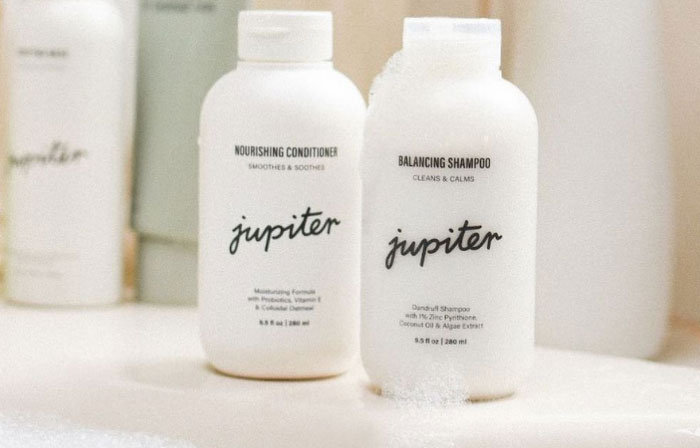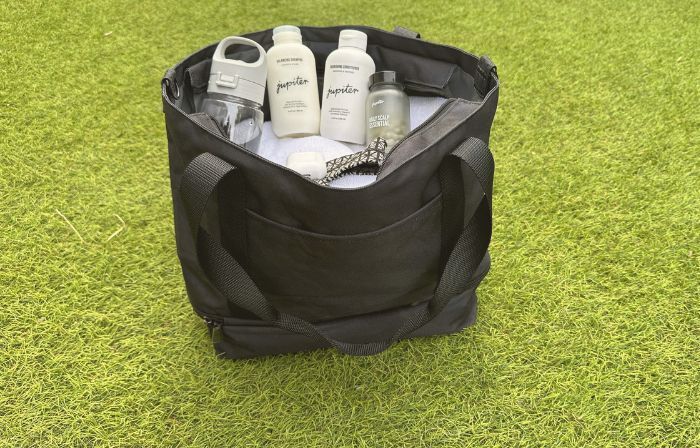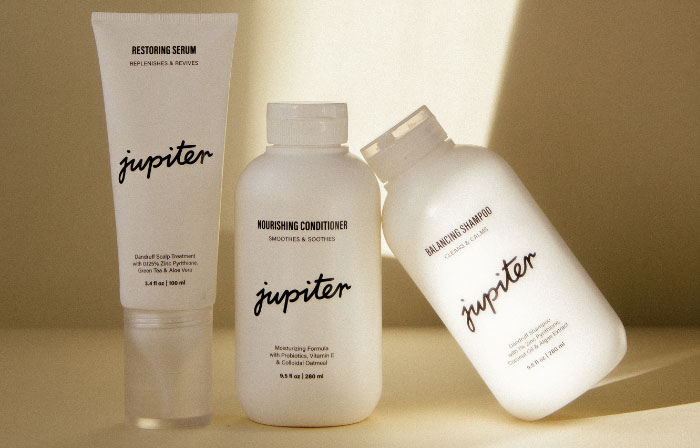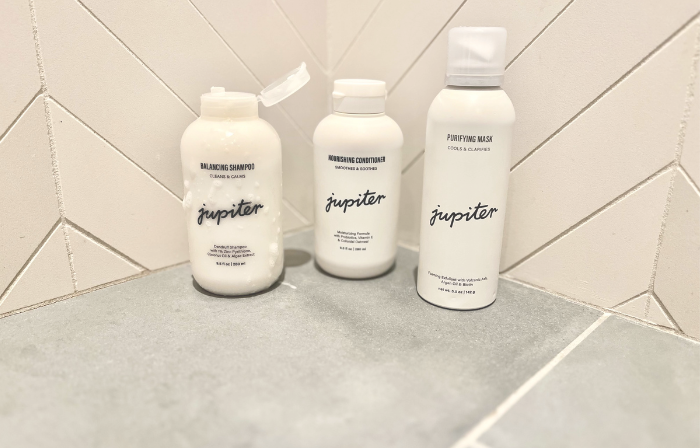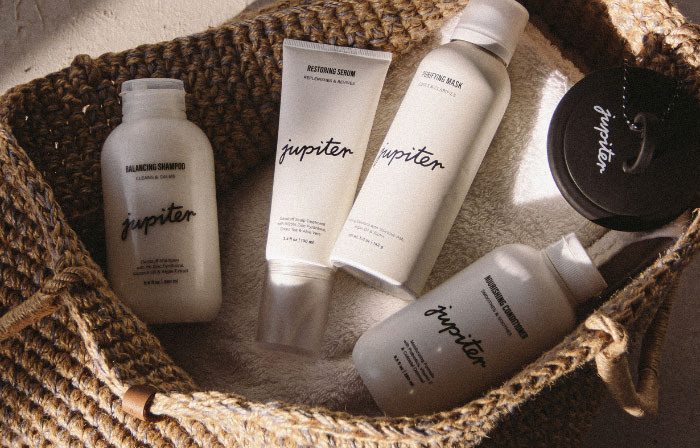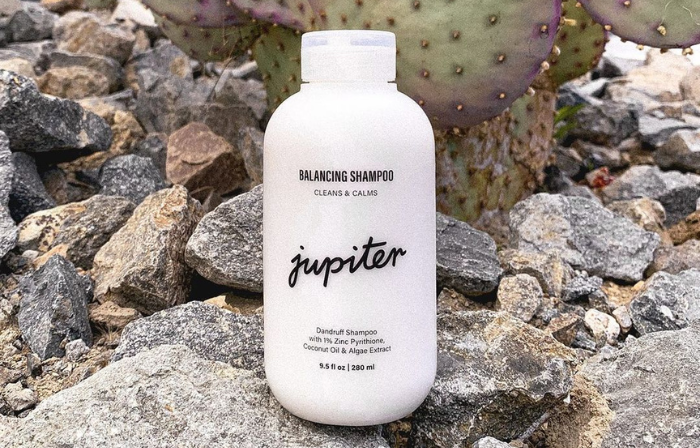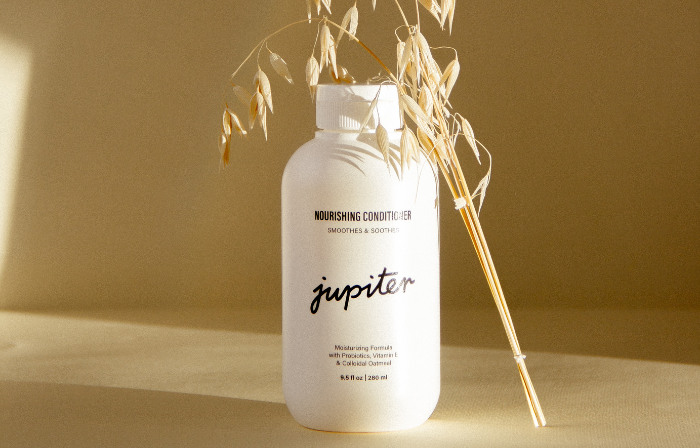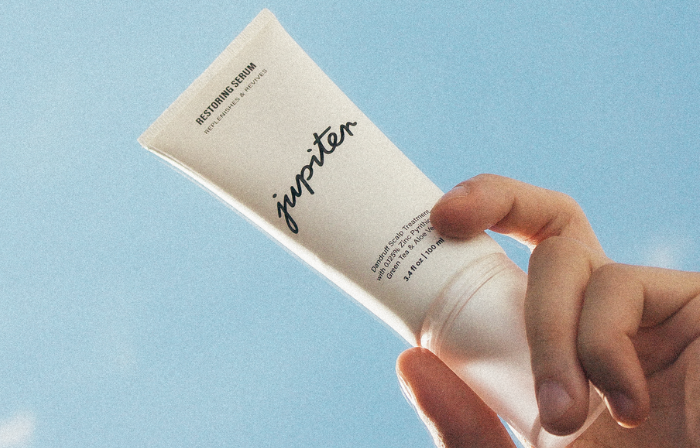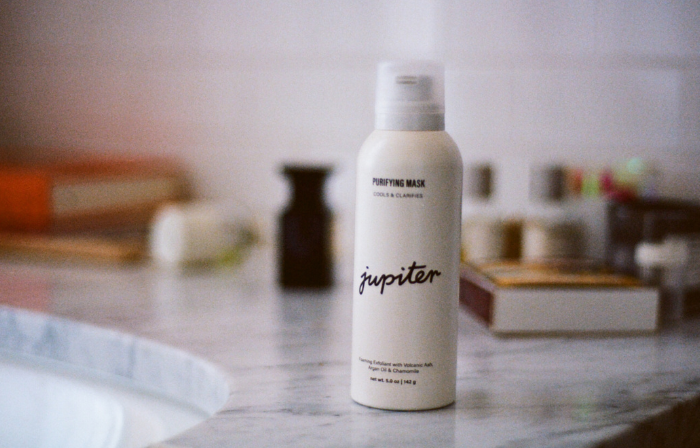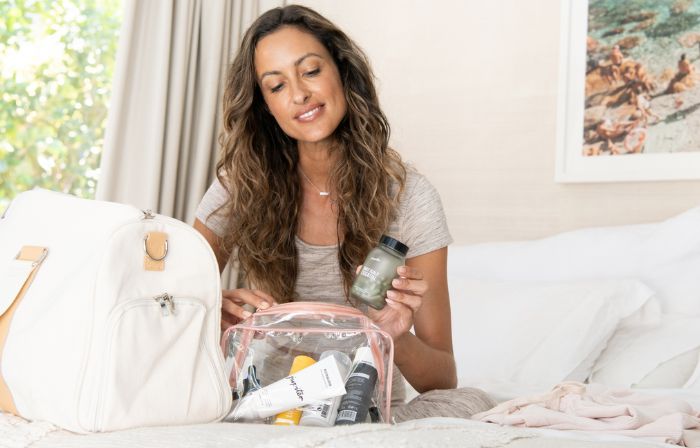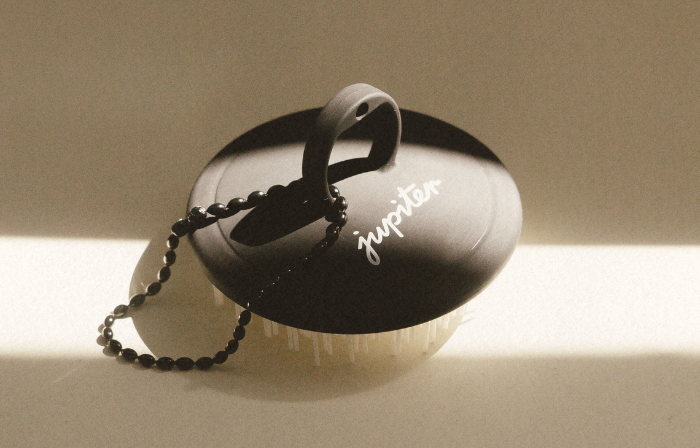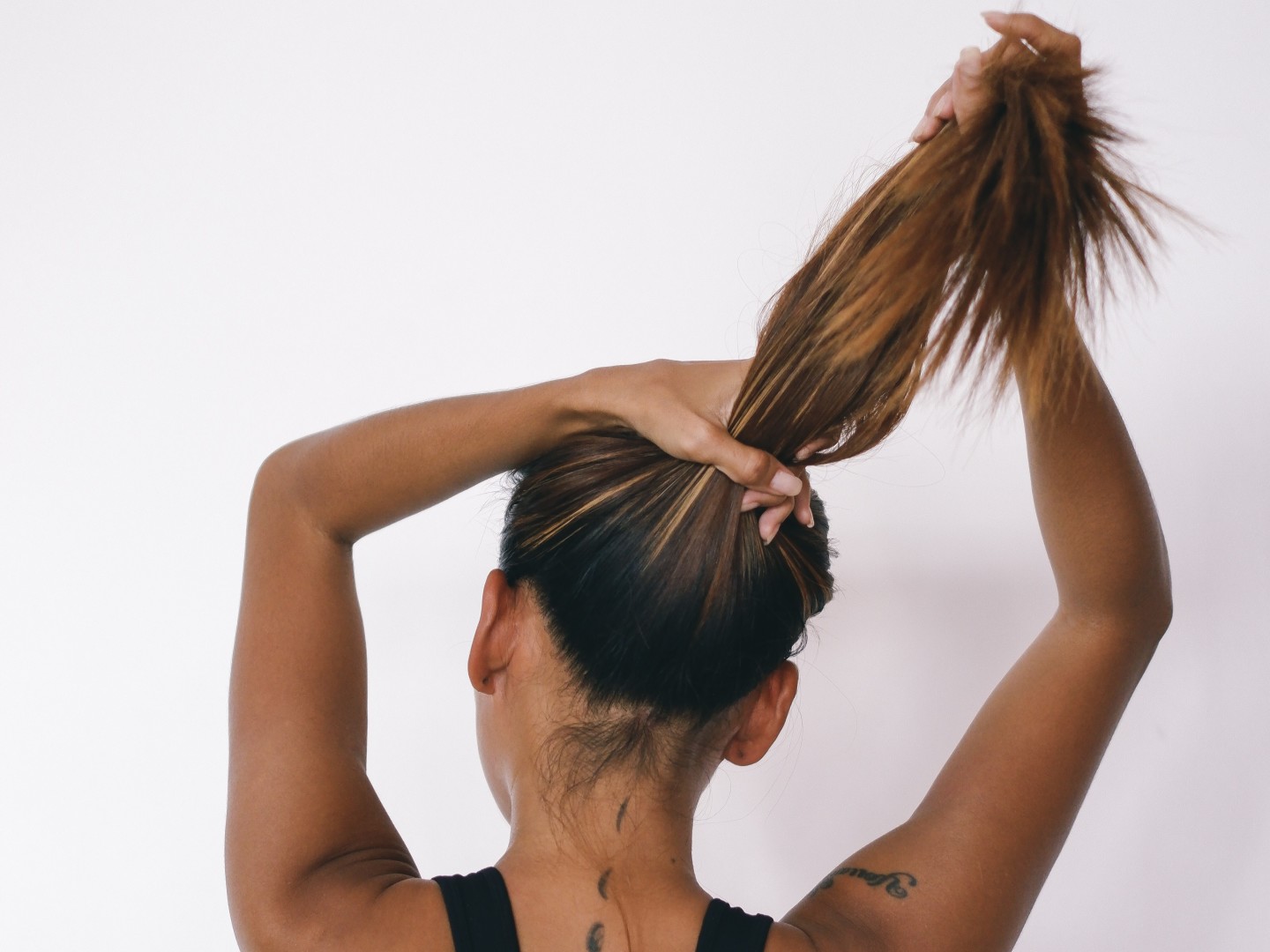We think scalps are taken for granted.
This organ — and yes, skin is an organ — is responsible for so much. Scalps manage the growth of hair, which beyond just dominating our morning get-ready routines, are also big indicators of the health of our scalp. How we look, how we feel, our hair tells the story.
The source of our hair, called follicles, does more than just sprout hair strands. They also produce sebum, or oils, which help moisturize the scalp and protect its natural barrier.
Scalps play host to various bacteria, fungi, oils, and skin cells, all of which work together to keep your head balanced and healthy. It constitutes a microbiome, much like the one in your gut.
In short, scalps are kind of amazing, especially when they’re functioning as they should.
More often than not, we only become aware of just how hardworking our scalps are when they fall short and start to cause problems. Tenderness of the scalp can be a frustrating condition, not dissimilar to its under-the-surface neighboring condition, the headache.
When our scalps are irritated, inflamed, or sore, it can be hard to focus on anything else.
So what can we do to help mitigate this sensitivity and discomfort? Today, we’re putting scalp health in the spotlight to explore a few of the most common causes for scalp tenderness and what you can do to treat them.
Leading Causes and Treatments of Scalp Tenderness
Everyone’s head is different, and if you’re ever feeling at a loss for what’s going on up there, your best bet is to consult a doctor.
While many cases of scalp tenderness are quite mild and easy to treat, there are more serious conditions related to the symptom that requires professional care. When in doubt, make the appointment.
Redness and Irritation
One of the most common scalp conditions is redness and inflammation or swelling. This can cover a range of issues, but often it just feels like irritation and sensitivity, and it may appear red and angry.
Inflammation is caused by an immune response. When we’re experiencing redness and swelling, our bodies are actually responding to an injury. Ultimately, it is triggered by a sense from the body that something is going on shouldn’t be.
This can be due to an injury or exposure to an external factor. It’s a common issue, especially for people with reactive skin or allergies.
Symptoms can range from redness and mild discomfort to blisters, hives, and flaking. Often these are caused by exposure to a skin or hair product. Certain metals, soaps, cosmetics, shampoos, and laundry detergents can cause this reaction from our body.
If you’re regularly experiencing swelling and redness, it may be a good idea to do patch testing of new products in advance of diving in. Add a little bit of the product to your skin and see how it reacts. Once you’ve identified which products or ingredients may inflame your skin, avoid them. In the meantime, look for products that cater to people with sensitivity.
Jupiter’s entire line of products is formulated to be safe for sensitive skin - we’ve left out harsh ingredients like parabens, sulfates, phthalates, dyes, and synthetic fragrance that can be irritating to a sensitive scalp. Learn more here.
Infection
Another reason you may be experiencing scalp tenderness is infection. More often than not, you can feel the difference between common tenderness and potential infection.
The latter doesn’t like to be ignored.
Common scalp infections include folliculitis, furunculosis, and carbuncles – all of which target your hair follicles. The scalp can become covered in bumps in each of these infections, often extending down into the neck and shoulders. They can be itchy or outright uncomfortable.
We know those descriptions may be hard to swallow, but if you’re experiencing any of those issues right now, there’s no need to feel embarrassed.
These are all common infections, and many are easily treatable with antibiotics or a medicated topical treatment. If you suspect you have a skin infection, consult your dermatologist to start the healing process.
Infestation
Another common source of scalp tenderness is an infestation. In other words, lice.
Lice are parasitic insects that hang out on our heads and feed off blood from our scalps. Unlike healthy bacteria and fungi, they’re not supposed to be up there. Lice are highly contagious and will use any opportunity to jump from one head to the next.
They’re often spread on playgrounds or by people sharing clothes.
The symptoms related to lice are not dissimilar from other conditions we’ve mentioned. Extreme itchiness, sores, and irritation are all common symptoms. People have also reported feeling the sensation that something is crawling around on their scalps.
In order to confirm a case of head lice, you need to get right to the source. Someone (preferably someone who loves you and isn’t too squeamish) needs to comb through your head and look for nits, aka lice eggs.
Nits are usually easily distinguished from regular flaking and dirt build-up. They will feel stuck to the head, like cement.
If you do notice any signs of lice, there are plenty of treatment options. Most cases will require only a medicated shampoo treatment available over the counter or by prescription.
These frequently include a pesticide, which will help weed out the lice still munching on your scalp. It’s also a good idea to wash your sheets and sanitize your fabric surfaces. Lice can only survive a few days without a host, but in large households especially, you’re better off being safe than sorry.
When we wait too long to clear away build-up, our scalps can feel heavy and tender.
Build-Up
Enough with the bugs. The next common cause of scalp tenderness is build-up. Our scalps are pretty good at ridding themselves of dirt and product build-up, but they’re not perfect.
This is why determining a regular hair washing routine for your hair is so important. When we wait too long to clear away build-up, our scalps can feel heavy and tender. This can make us feel like our hair physically hurts. For many of us, that can mean the hair is stiff, greasy, or stubbornly stuck in one direction.
We can often make this problem worse by waiting too long between washes and loading up on products like dry shampoo or styling cream.
The name of the game here is cleansing and exfoliating regularly. If your hair is feeling stiff and heavy, your first step should be towards the shower. Before you get your hair wet, try using a scalp brush to gently massage away the build-up on your scalp. This is most effective when done right before a wash, and you’ll be able to tell the difference immediately after your hair dries.
Once you’ve exfoliated, use a gentle cleanser that doesn’t include sulfates. While we are looking to clear the scalp of excess oils, we don’t want to remove the natural oils that keep our scalps safe and moisturized.
Sulfates, which appear in an alarming majority of most shampoos, are too effective at clearing away oils. They strip the scalp of all moisture and leave it feeling dry and flaky. A gentle cleansing shampoo will remove the bad stuff and leave the good.
External Factors
In addition to product sensitivity, our scalps can come into contact with a number of external factors that can cause damage and discomfort, leading to scalp tenderness.
Sunburn is perhaps the biggest example of this. Thankfully these days, using SPF on a daily basis has become more widespread. Still, many people forget to apply any to their scalps. It’s ironic, considering it’s the part of our body closest to the sun’s rays. You may think your hair protects your scalp from serious burns, but we’re here to tell you that's not the case.
Sunburn on your scalp can lead to serious damage to your hair follicles. Flaking, burning sensations, and blistering are all related to sun damage on the scalp. If there’s one thing you take away from this post, we hope it’s that you need to start incorporating SPF into your scalp and hair care routine.
Sunburn is just one of many environmental issues that can cause scalp tenderness. The dry, cold winter months are unkind to our skin health in general, including and especially our scalps.
From the weather to air pollution and smog causing dirt building up on our scalps, aim to take protective measures. If your weather app is telling you to layer up, don’t forget your head. If there’s a high solar radiation index, wear a hat in addition to SPF.
To put it another way, start thinking about your scalp as particularly susceptible to environmental factors. Make it a priority.
Why You Should Prioritize Scalp Health
On that note, we want to talk a little bit about why scalp health is so important. We know that reading about all these symptoms and conditions can be a little overwhelming, but we’re passionate about scalp health here and want to make sure people have all the tools they need to help their scalps thrive.
So let’s look at the positives. What does a healthy scalp look like? The first sign of a thriving scalp is a beautiful head of hair. Hair is very reactive to the environment it’s produced in. A moisturized and healthy hair follicle produces smooth and strong hair strands. A dry and damaged hair follicle produces frizzy and weak hair strands, prone to splitting.
Beautiful hair really does start at the roots. If the appearance of your hair is at all important to you, starting with the scalp is your best bet.
Scalp health is about more than just looks, though. When your scalp’s microbiome is balanced and the skin there is nourished, hydrated, and thriving, you just feel better. After experiencing scalp tenderness, you never take the absence of scalp discomfort for granted again.
Scalp Tenderness and You
Remember, if you’re experiencing scalp tenderness due to any of the causes we mentioned above, it’s not the end of the world, and it’s incredibly common. For most people, simple treatment plans can help soothe your symptoms and restore order to your head.
Our scalps are living organs, made up of skin, hair follicles, blood vessels, and more. Sometimes, help from a medicated shampoo, a dedicated line of scalp care products or even supplements can restore health to our scalps and relieve us of scalp tenderness.
Want to find the right products to put your scalp at ease? Take our quiz here.
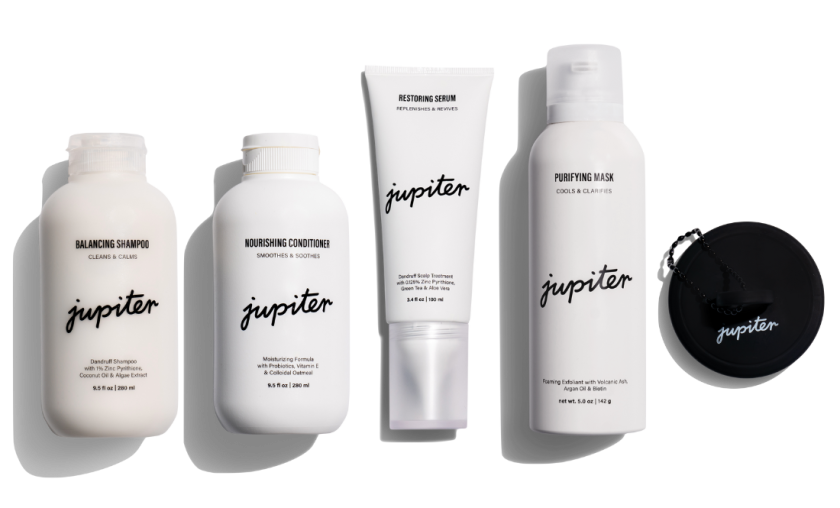
Built for those looking to address constant or moderate to severe flaking, redness, or irritation and want their mane left looking refreshed and silky smooth.
